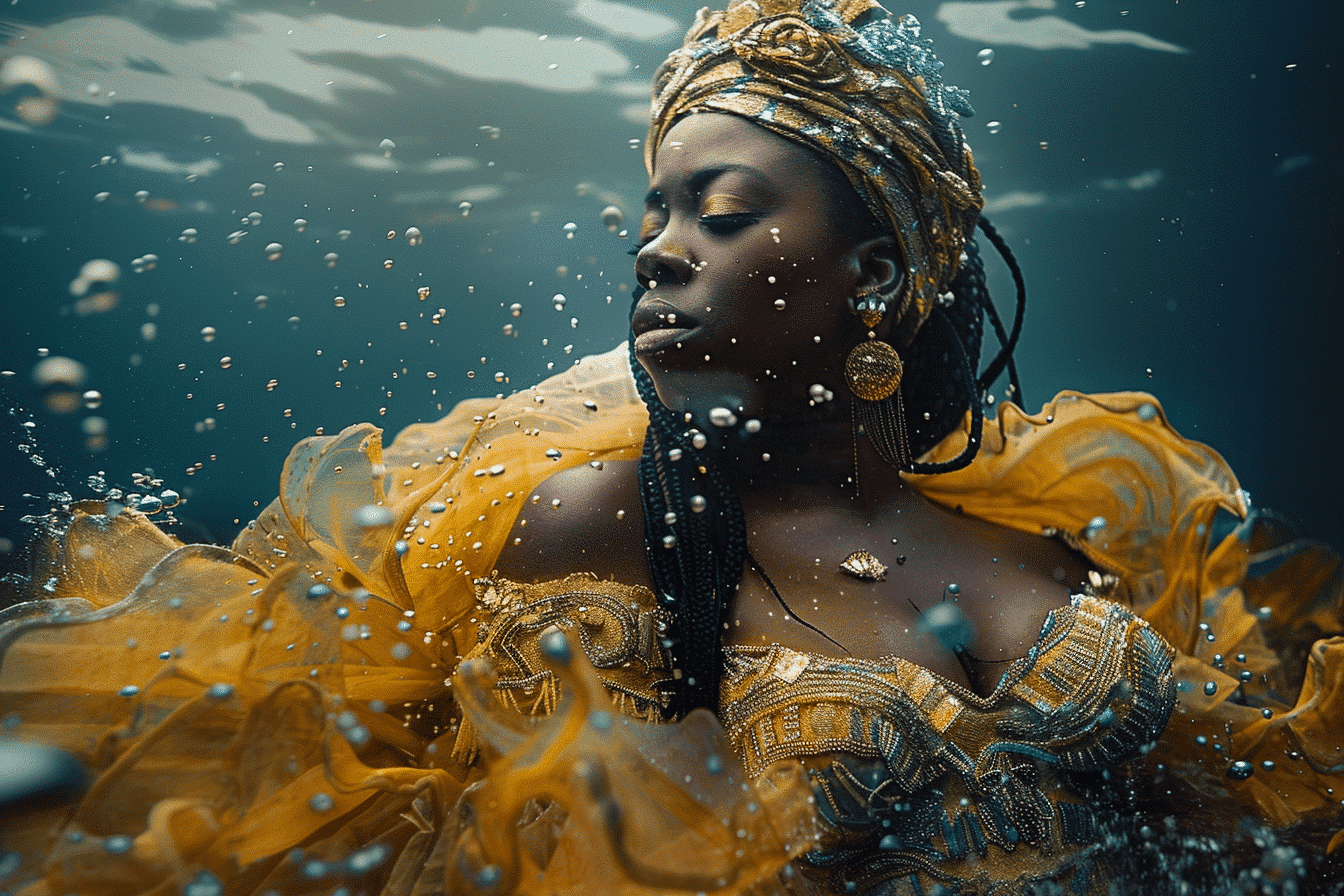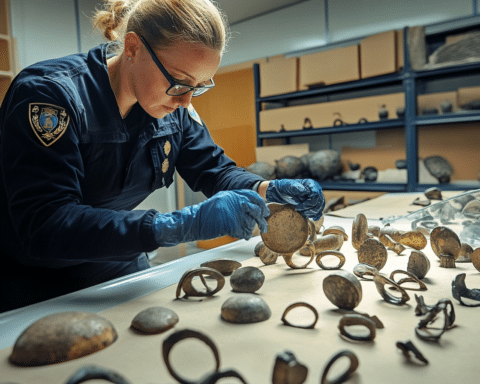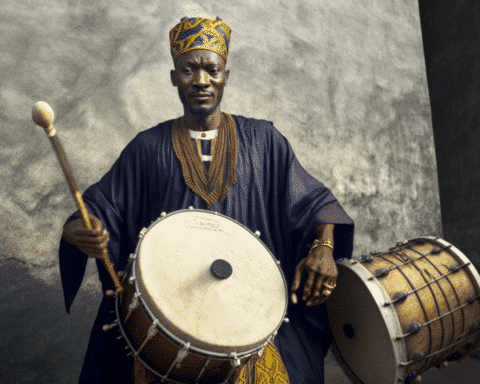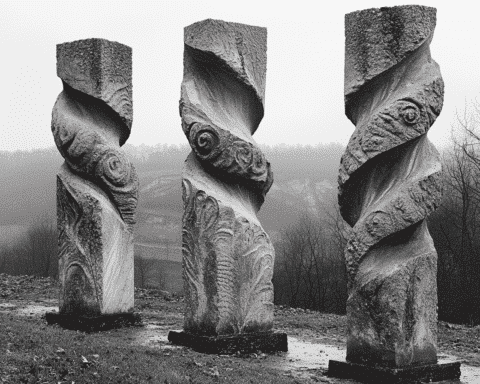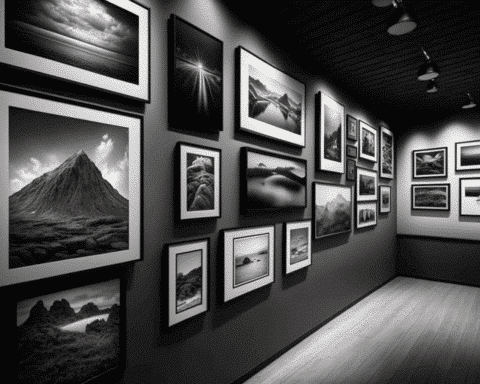In an era marked by globalization and cultural dilution, Nigerian artist Ade Okelarin, known professionally as “Àsìkò,” champions the rich tapestry of Yoruba mythology and heritage. Using his skills in photography and digital art, Àsìkò delves into the ancient stories and symbolism of the Yoruba deities, or “Òrìshàs,” weaving them into contemporary visuals that resonate with audiences worldwide. His work not only celebrates his roots but also critiques the pervasive influence of Westernization on indigenous cultures.
Rediscovering Cultural Legacy
Timeless Echoes: The Art of Memory and Heritage
Àsìkò’s artistic exploration began as a personal quest to uncover the parts of his Yoruba heritage that were omitted from his formal education in Nigeria during the 1980s and 1990s. Through his acclaimed series “Guardians” and “Of Myth and Legend,” he reconnects with the divine Òrìshàs of his childhood lore. These beings, revered for their powers, have transcended geographic and historical boundaries, influencing diaspora communities worldwide. “The work is about exploration and understanding the things I was not taught in school,” Àsìkò reflects, emphasizing his commitment to creating art with a lasting impact.
Blending Mythologies Across Borders
Universal Threads: Linking Mythologies Globally
In his research, Àsìkò discovered intriguing parallels between Yoruba and Western mythologies, such as the similarities between the Yoruba deity Sango and the Norse god Thor. This cross-cultural examination is central to his philosophy of looking back to understand the present and shape the future. By highlighting these connections, Àsìkò’s work underscores the universal themes that run through humanity’s diverse narratives, suggesting that “we are all linked in our deep-rooted stories.”
Cultural Preservation in a Globalized World
Beyond Westernization: A New Cultural Synthesis
Having moved to the UK in 1995, Àsìkò experienced a transformative shift from a Western-centric viewpoint to one that embraces and celebrates the uniqueness of his Yoruba origins. His work advocates for a balance between global influences and cultural authenticity. “Westernization is not the answer to advancement, but we need a blend of who we are and what the world offers, or we will lose what makes us ‘us,'” he argues. He crafts images that argue powerfully for the relevance and beauty of indigenous narratives through modern digital techniques and traditional photography.
Àsìkò’s journey from a data architect in the pharmaceutical industry to a revered figure in art and culture is a testament to cultural heritage’s enduring appeal and necessity. His commitment to using art to address socio-political issues, celebrate identity, and explore new artistic mediums underscores a larger narrative: the vital role of art in preserving cultural identities amidst a rapidly globalizing world. As Àsìkò himself states, embracing the culture of one’s origin is not merely a nostalgic act but a foundational pillar for creating a future that respects and integrates the richness of the past.
